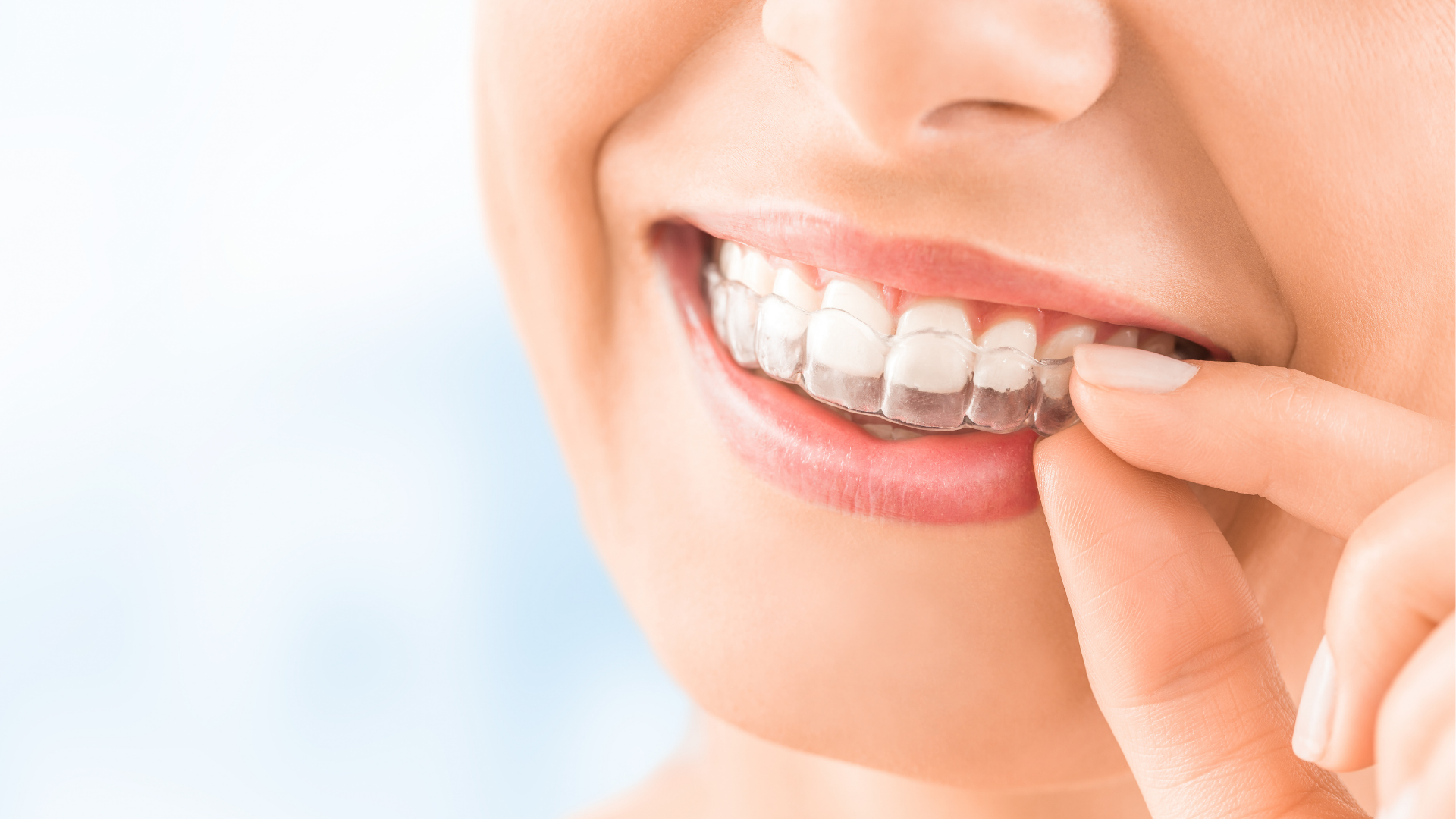Invisalign® treatment is an advanced aligner system that gradually straightens teeth. Invisalign aligners are removable, clear, and virtually invisible when...


Invisalign® treatment is an advanced aligner system that gradually straightens teeth. Invisalign aligners are removable, clear, and virtually invisible when...